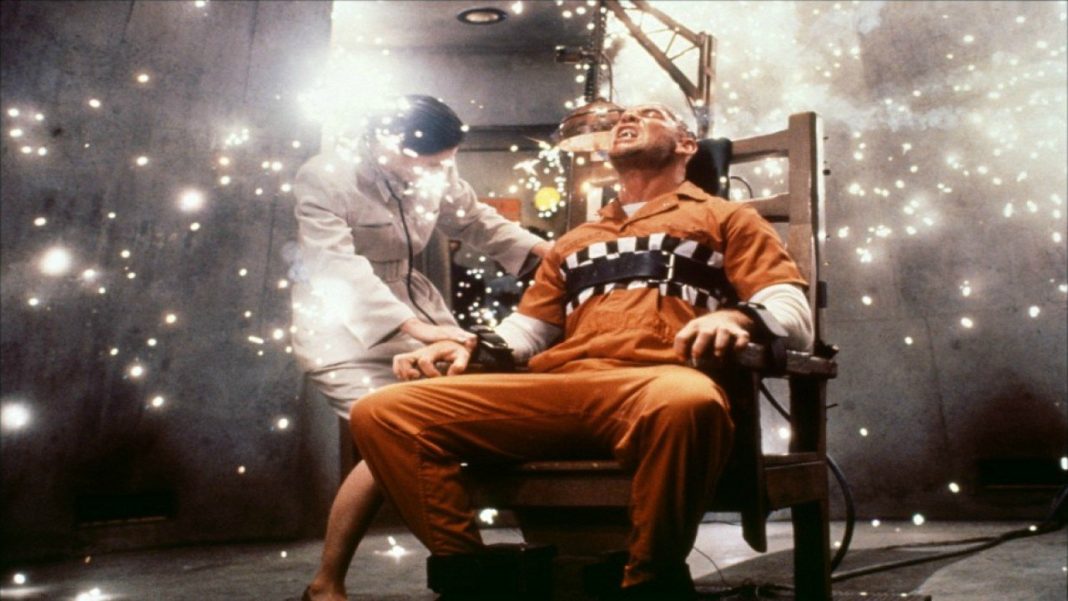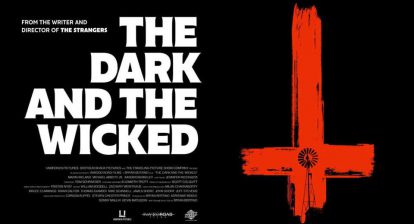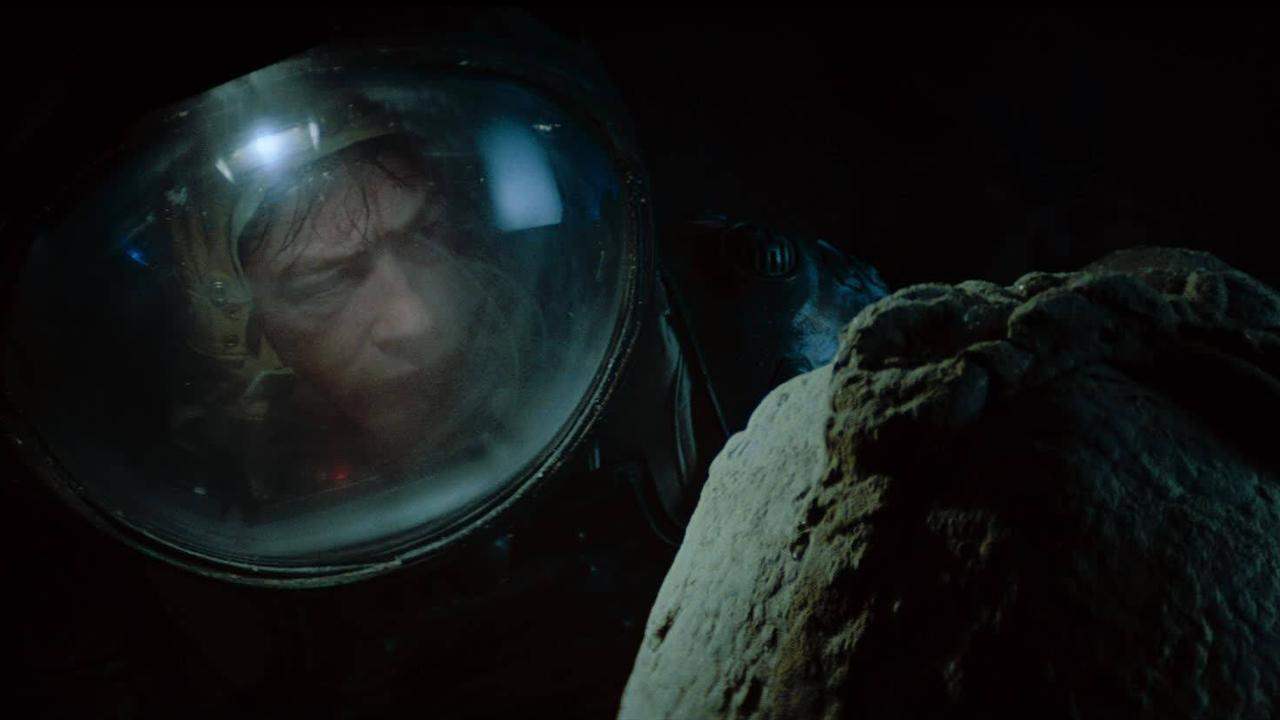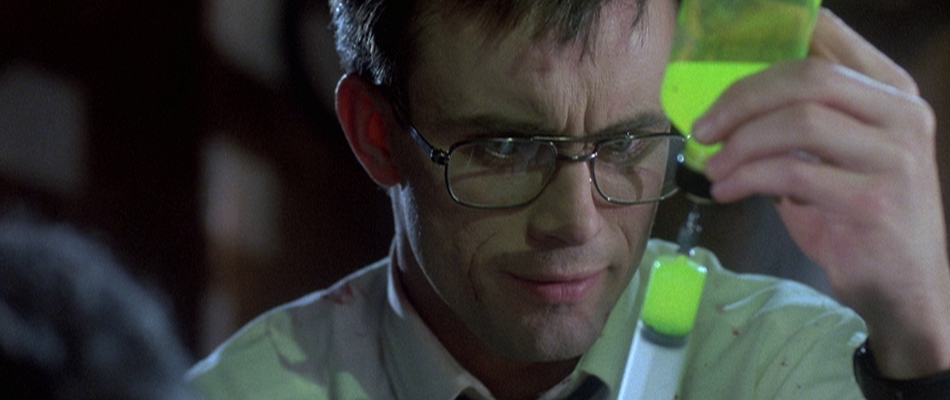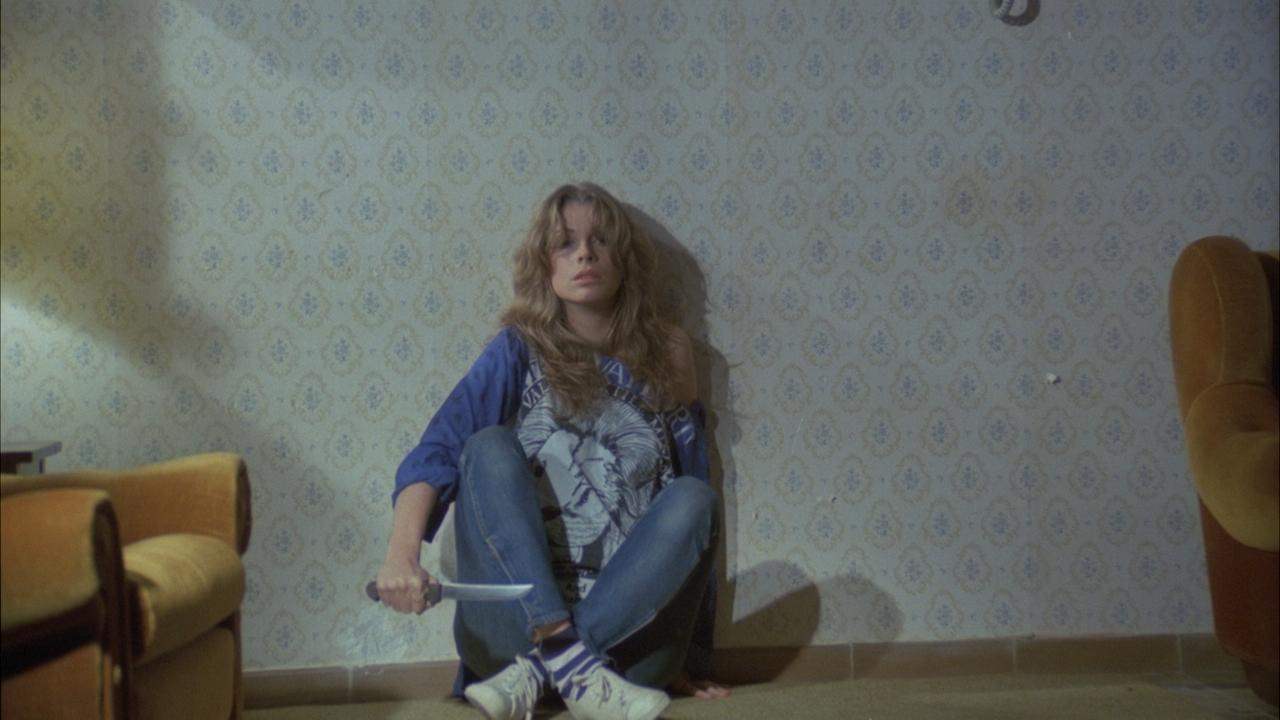Upon its release in 1989, critics universally panned Shocker. It was a modest box office success but certainly didn’t set any records. Due to bad reviews and a less than perfect screenplay from Craven, Shocker remains an under-appreciated film. While it’s not Craven’s best work it’s not his worst either. For this critic, that distinction belongs to My Soul to Take. But that’s another discussion for another day.
Shocker follows Jonathan, a college football player who was adopted by a police Lieutenant and his family at a young age. When a psychotic killer begins a murder spree in Jonathan’s hometown, he comes to learn that he is psychically connected to the killer. Jonathan uses said connection to help the police department capture the madman. But after being apprehended, the killer transfers himself into the television airwaves and continues his murder spree.
I know that plot crunch sounds outlandish. And it is. But Shocker is still one of the late, great Wes Craven’s more underrated efforts. While it certainly has its issues, the film has more going for it than against it. With the flick turning 30 this year, what better time to take a look back at this sci-fi horror hybrid.
The film stars Peter Berg (Smokin’ Aces) as Jonathan and Camille Cooper (Lawnmower Man 2) as his girlfriend, Alison. Initially, Berg comes across as a bit of a buffoon. And his performance is a little melodramatic. But somehow I can’t help but like him. Over time, the viewer sees that his character is emotionally vulnerable and that’s rare for a male lead in a horror film. Camille Cooper doesn’t exactly kill it in her turn as Jonathan’s girlfriend Alison. But she gets the job done.
Mitch Pileggi (Vampire in Brooklyn) bows as Horace Pinker. And he’s the real star of the show. Pinker makes for an entertaining (and frequently overlooked) killer. His wisecracks don’t always land but he’s larger than life and legitimately menacing. He also has a couple of extremely memorable kills to his name. He was a villain that was actually frightening in a time when studios were opting for gags over legitimate scares.
Related: Wes Craven’s New Nightmare Was a Sequel Ahead of its Time [Retrospective]
One of the things that works really well about the film is its soundtrack. It combines heavy metal music with ultra violence in a way that’s reminiscent of early Argento. And while the result certainly isn’t giving Suspiria a run for its money, the juxtaposition is still sufficiently unnerving. The soundtrack features songs from rock icons like Megadeth, Tommy Lee, Iggy Pop, and Paul Stanley.
In spite of not being a great movie, Shocker still manages to be enjoyable. The flick’s collective parts are not necessarily noteworthy on their own but when the elements are combined, there is a certain charm to its flawed nature. The (sometimes) sketchy effects and the overacting were rightfully criticized when the film was first released. But, upon revisiting the picture after some 30-years, I was able to get past a lot of what it did wrong and appreciate it for the campy good time that it is.
If you haven’t seen Shocker because of its shoddy reputation, consider giving it a chance. Don’t expect perfection and you may come away pleasantly surprised. It boasts an unnerving soundtrack, a few great kills, and a menacing villain.
